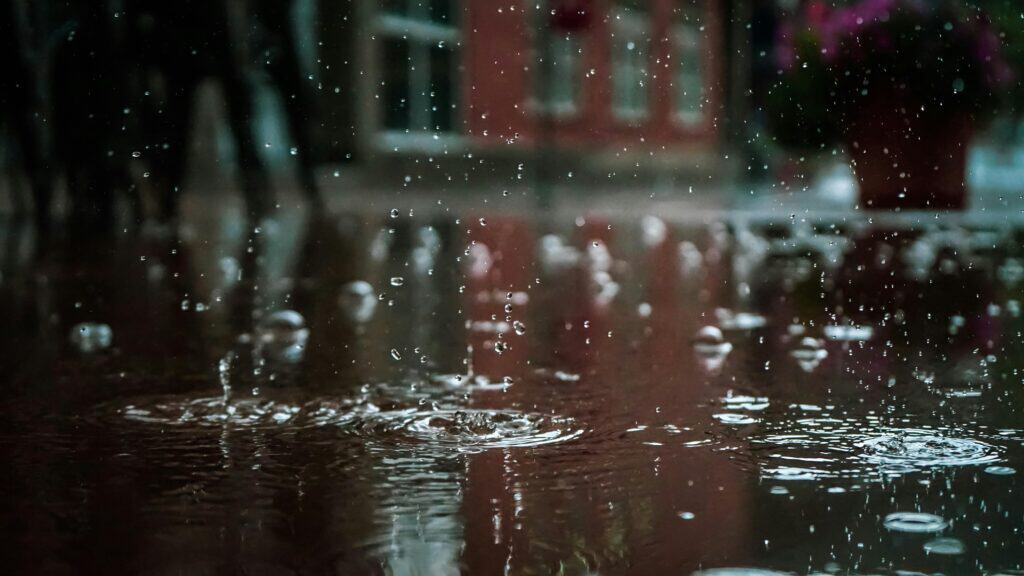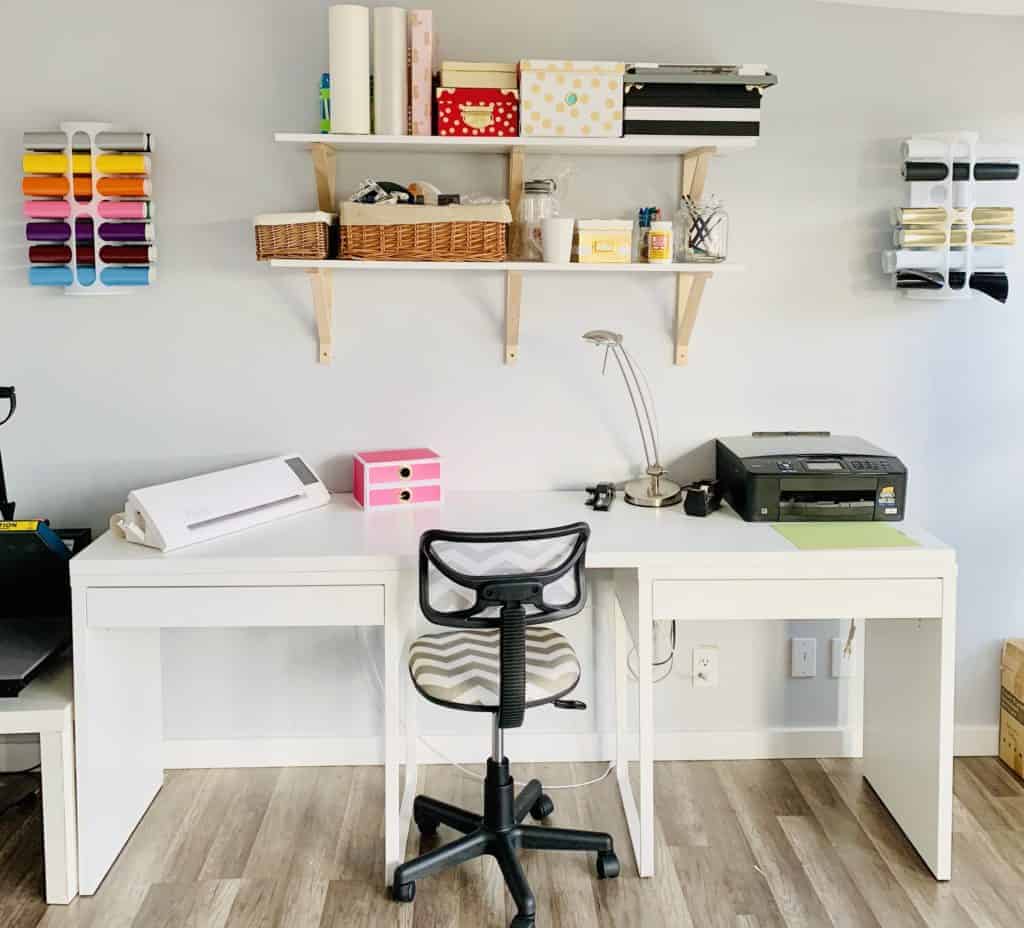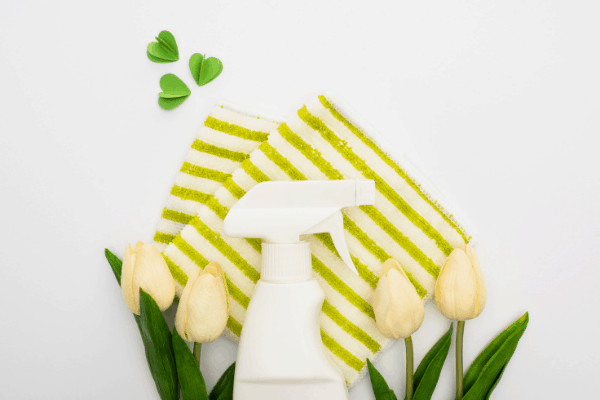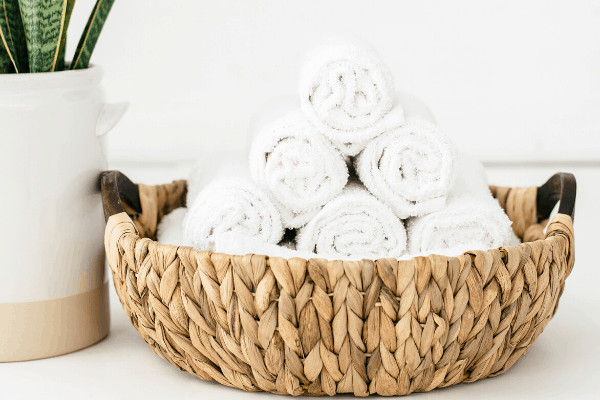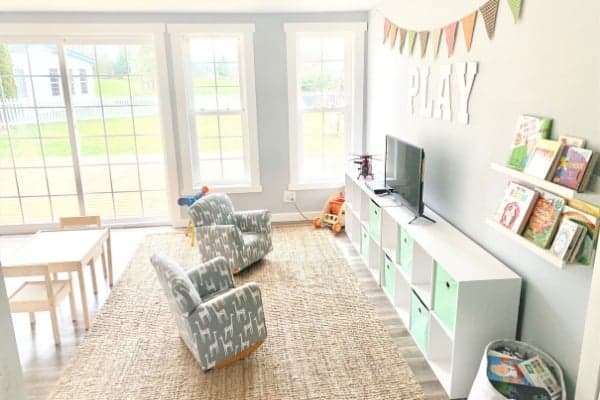Water damage can wreak havoc on your home, causing costly repairs and hassle. From leaky pipes to flooded basements, the consequences of water damage can be financially and emotionally draining.
Living in a place like St. Petersburg, where heavy rains and storms are common, it is important to be proactive about water damage. Imagine coming home after a heavy downpour to find water seeping through your ceilings or pooling in your basement! It’s a scenario no homeowner wants to face, but it can be prevented with the right precautions.
So, whether you’re dealing with a leaky faucet or preparing for the next big storm, taking adequate steps to prevent water damage is important for safeguarding your home and your peace of mind.
Regularly Inspect Your Home for Water Leakage
One of the most effective ways to prevent water damage is by regularly inspecting your home’s interior and exterior. Leaks can develop slowly over time, often going unnoticed until they cause significant damage. By conducting routine inspections, you can catch leaks early and address them before they escalate into more significant issues.
Start by checking areas prone to water leakage, such as under sinks, around toilets, and behind appliances like refrigerators and washing machines. Look for signs of moisture, water stains, or mold growth, as these can indicate hidden leaks. Pay attention to your walls and ceilings; water damage can manifest as discoloration or bubbling paint.
Besides, if you notice any signs of water accumulation, dripping, mold growth, or seepage in walls, contact a reputed St Petersburg water damage company like Flood Pro USA as soon as possible.
Inspect your home’s exterior as well, paying particular attention to areas where water can enter, such as windows, doors, and vents. Check for cracks in caulking or weatherstripping and repair any damage promptly. Gutters and downspouts should also be inspected regularly and cleared of debris to ensure proper drainage away from your home’s foundation.
By diligently inspecting your home, you can identify and address potential sources of water leakage before they lead to costly damage. Prevention is key to protecting your home from water-related issues.
Maintain Gutters and Downspouts
Gutters and downspouts help in directing rainwater away from your home’s foundation. However, if they become clogged with leaves, twigs, or other debris, they can quickly become ineffective, leading to water damage.
Regular maintenance of your gutters and downspouts is essential to prevent blockages and ensure proper drainage. Clean gutters at least twice a year, ideally in the spring and fall, to remove any accumulated debris. You can use a ladder and gloves to manually scoop out debris or invest in gutter cleaning tools for easier maintenance.
Inspect downspouts for clogs and ensure they are securely attached to the gutters and directed away from your home. Consider installing gutter guards to help prevent debris buildup and reduce the frequency of cleanings. Proper gutter maintenance can go a long way in protecting your house from water damage caused by overflowing gutters.
Install Water Detection Devices
Water detection devices are a lifesaver when it comes to preventing water damage. These handy gadgets are placed in areas prone to leaks, such as basements, bathrooms, kitchens, or near appliances that use water, such as washing machines and water heaters.
These devices work by sensing moisture or changes in water levels. These sound an alarm to alert you to potential problems. Some even connect to your smartphone, so you’ll get an instant notification if there’s a leak while you’re away from home. This early warning can give you sufficient time to take action and prevent severe damage before it happens.
When choosing a leak detection system, consider your specific needs and budget. While more advanced systems may come with a higher price tag, the investment can be worthwhile in protecting your home from costly water damage.
Prevent your Water Pipes from Freezing
If you live in an area where the temperature drops to freezing during winter, you must insulate your water pipes. When the water inside your pipes freezes, it expands, causing pipes to burst, leading to flooding and extensive water damage in your home.
To prevent this, insulate your pipes, especially those in cooler areas like crawl spaces, attics, or basements. You can use foam pipe insulation or heating tape to keep the water pipes warm and protected from freezing temperatures. Additionally, seal cracks or gaps in your home’s exterior to avoid cold air to enter and reach your pipes.
Take these simple steps to protect your pipes from freezing. It can save you from the hassle of dealing with burst pipes and the subsequent water damage.
Maintain Your Roof
Your roof plays a critical role in protecting your home from water damage, so keeping it in good condition is essential. It’s best to regularly check your roof for missing or damaged shingles, cracked flashing, or other signs of wear and tear. Address any issues promptly to prevent water from seeping into your home.
Clear debris, such as leaves, branches, and moss, from your roof to prevent water from pooling and causing damage. Keep gutters and downspouts clear to ensure proper drainage and prevent water from backing onto the roof.
If your roof is older or showing signs of deterioration, consider having it professionally inspected and repaired or replaced. Investing in regular roof maintenance can help prevent costly water damage and prolong the life of your roof.
Final Words
Prevention goes a long way in protecting your home from water damage. It requires a proactive approach and regular maintenance. By following the tips outlined in this article, including conducting regular inspections, maintaining gutters and downspouts, insulating pipes, installing a leak detection system, and maintaining your roof, you can reduce the risk of costly water damage and protect your home and belongings.
Remember, prevention is key to protecting your home from water damage. By taking the time to implement these preventive measures, you can enjoy peace of mind knowing that your home is well-protected against the potential hazards of water damage.

